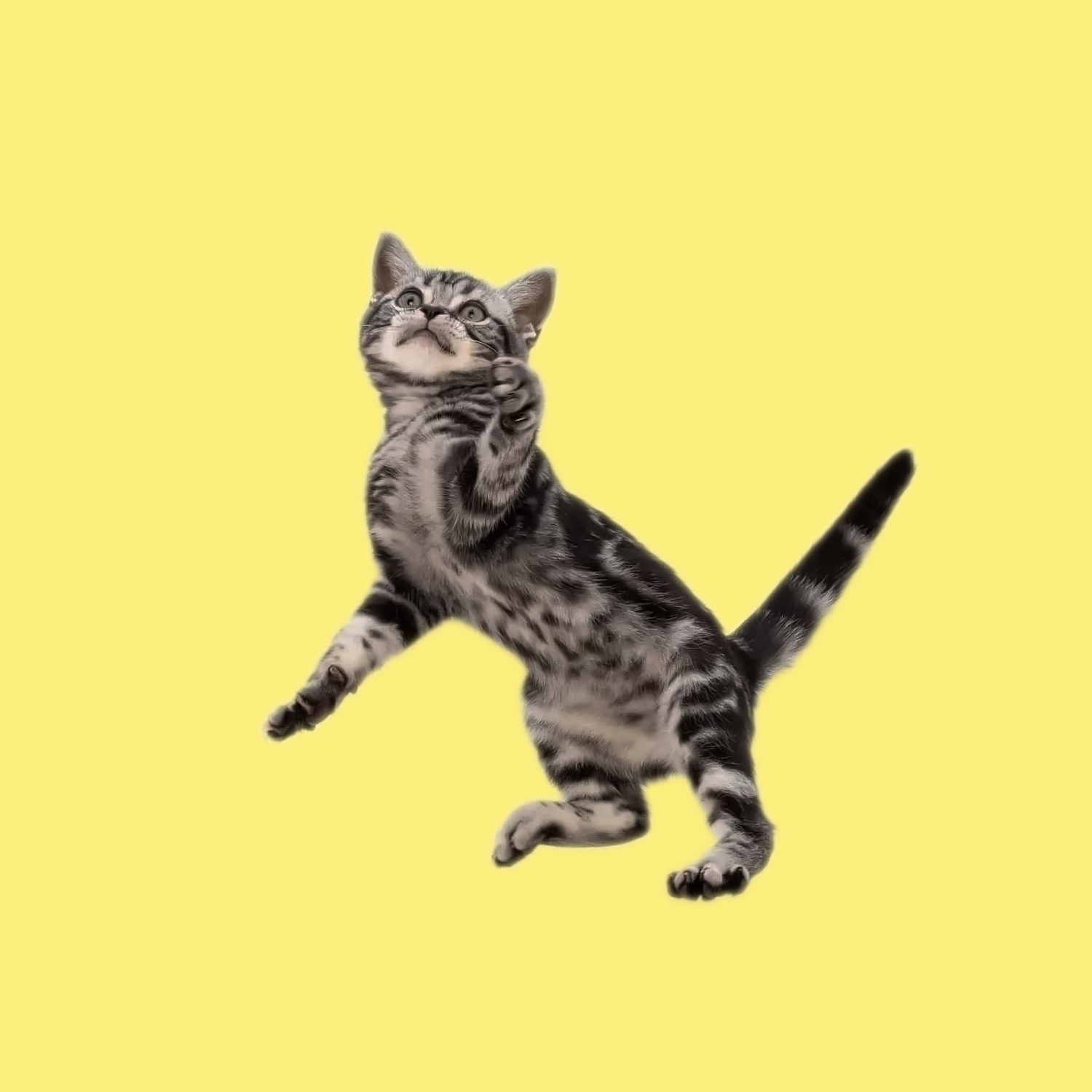Hypertrophic cardiomyopathy
Hypertrophic cardiomyopathy is a heart disease that causes the heart muscle to thicken. This can lead to heart failure and cardiovascular problems. To prevent this genetic disease, breeders try to identify cats prone to hypertrophic cardiomyopathy and prevent their reproduction. Regular cardiograms and continuous monitoring of heart health guarantee the well-being of important members of your family. However, cooperation with a nutritionist and adherence to a specialized diet based on specific recommendations is no less important for heart health.
Diabetes
Diabetes is a chronic disease caused by high blood sugar levels. In diabetes, the pancreas cannot produce enough insulin which may cause damage to the kidneys, cardiovascular and vision systems. Symptoms of diabetes include increased thirst, sudden weight loss, and changes in appetite. A balanced diet can help regulate your companion animal’s blood sugar levels, however, insulin therapy may be necessary to manage the process.
Dental problems
Dental problems common to American Shorthairs often include periodontitis and tooth resorption. Periodontitis develops against the background of a decrease in the body’s immunity and causes damage to the tissues that fix the tooth in the socket. As for resorption, this disease often takes place secretly under the gums and causes the decay of the tooth root.
Be sure to follow your veterinarian’s advice to manage these dental problems. Without proper treatment, these diseases can cause pain and difficulty eating. For prevention, it is recommended to regularly take care of the oral health of your companion animal.
Urinary tract diseases
Urinary tract diseases include those problems that affect the health of the cat’s genitourinary system. These include infections, cystitis, and urethritis. Cystitis is an inflammatory process of the wall of the bladder, mainly its mucous membrane, which is caused by microbes that have entered the bladder. As for urethritis, it refers to acute inflammation of the duct leading out of the bladder. Like cystitis, urethritis is also caused by germs and bacteria.
Symptoms associated with urinary tract diseases may include bloody urination, urinary retention, or, conversely, incontinence. For prevention, we recommend making sure your companion animal’s body is properly hydrated. Follow a balanced diet and immediately consult a veterinarian if you notice the above-mentioned symptoms.
Respiratory Problems
Respiratory problems in companion animals can be caused by infection, allergies, or exposure to environmental factors. Upper respiratory tract infections often present with symptoms such as sneezing and coughing. Respiratory problems can be viral or bacterial, so carefully ventilate the living space and manage the treatment process according to the advice of the veterinarian. Correct diagnosis and competent care can greatly help prevent respiratory problems.
Conjunctivitis
Conjunctivitis is an inflammation of the mucous membrane of the eye caused by an allergy, infection, or virus. This problem may cause discomfort, eye redness, and tearing. The source of infection can be dirty paws, therefore, to prevent the disease, proper hygiene of the companion animal is of particular importance. Regular veterinary examinations focusing on eye health can help detect eye problems in the American Shorthair at an early stage and help manage the treatment process effectively.

